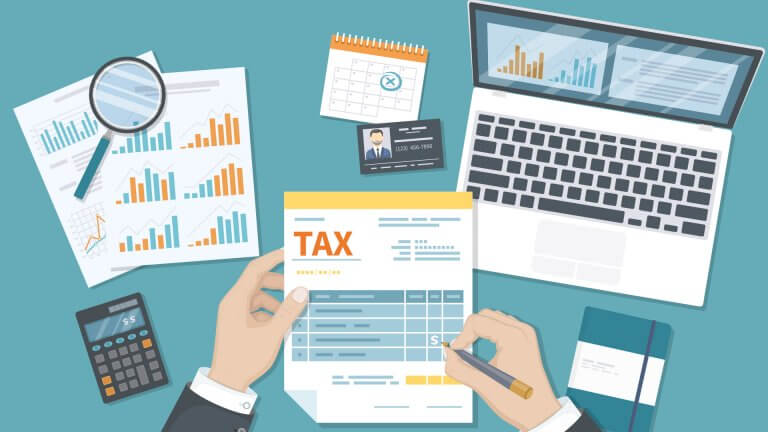
By Annie Charalambous, Head of Communications at ETX Capital
According to recent figures, Brits plan to increase their investments by almost a fifth in the wake of the COVID-19 pandemic – with Gen-Z traders most keen to jump on the markets.
But are those looking to boost their profits paying over the odds without realising? A recent study claims UK investors often pay up to six times more in fees than advertised, costing some traders up to tens of thousands of pounds long-term.
ETX Capital is committed to shining a light on common hidden fees that can trip up new traders. Here’s how you can avoid feeling the pinch.
Taxing times
New traders are often unaware that profits made on their stocks and shares are subject to tax, in the same way they pay tax on salary earnings.
If your investment earnings are over £12,300 in a single year, you will have to pay Capital Gains Tax. This will either be 10 or 20 percent, depending on your annual income tax band.
However, married couples can ‘pool’ their tax-free allowance – meaning they can collectively earn up to £24,600 in trading profits each year without contributing Capital Gains Tax.
Some alternative savings vehicles also offer a larger tax-free allowance. For example, you can stash up to £20,000 each year in an ISA and earn interest on your cash.
For those looking to diversify their portfolio, many gold and silver coins are also exempt from Capital Gains Tax as they are technically legal British currency.
Commission costs
As with any commercial service, fund managers and platform providers that help traders set up and manage their investments will charge fees for their service.
However, the size of these costs can catch out unsuspecting investors. According to research, commission costs average 1.03 percent in the UK – around double the equivalent fees in the US.
While these costs are unavoidable for those who need support managing their investment funds, it is possible to reduce them. Research investment platforms and fund managers to ensure you find the most cost-effective commissions for your assets.
Alternatively, you may be able to avoid commission if you have the knowledge of the markets and are comfortable with the risk. If so, there are plenty of accessible platforms that will educate you on how to manage your stocks, forex, commodities and more. Although, keep in mind that you’ll likely have to pay fees to trade on these platforms.
Not that Stamp Duty
All stocks bought in the UK valued at £1,000 and over are subject to Stamp Duty Reserve Tax (SDRT). At 0.5 percent of the asset price, this can soon add up.
This tax is usually absorbed as part of a total fee charged by a fund manager. However, if you manage your own investments, you’ll need to submit details of your assets to the government in good time to skip late payment fines.
While SDRT marks a relatively small fee compared to the rewards on offer for successful investors, many may still wish to diversify their portfolios to avoid mounting tax bills. A common example is adding corporate bonds, which are exempt from SDRT.
Farewell feels
Many budding investors starting their trading journey simply aren’t thinking about what happens when you withdraw funds or transfer them to another platform. And for some, this means getting hit with unexpected ‘exit fees’.
These charges are typically written into the terms and conditions of an investment service and while many platforms and brokers have recently agreed to waive exit fees, there are still plenty leaving traders with a shock when the time comes to withdraw cash.
Exit fees are usually charged as a percentage fee of the withdrawn sum, which can represent a significant cost for longer-term investors.
It’s important to check for exit fees, which may also be referred to as ‘redemption fees’, before signing up for a platform or partnering with a fund manager. And those looking to escape these charges should look for providers that simply don’t apply them in the first place – or at least check the expiry date.
























